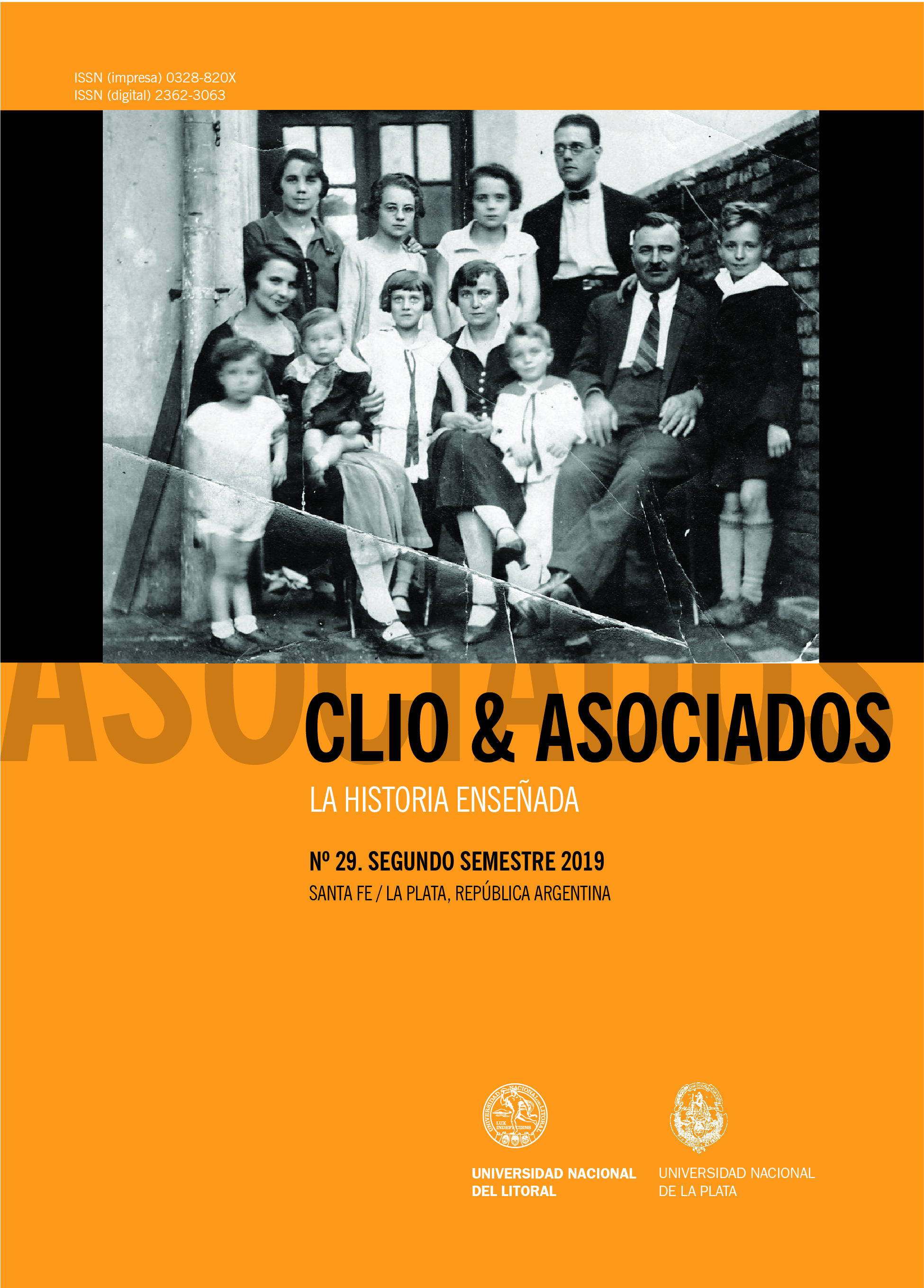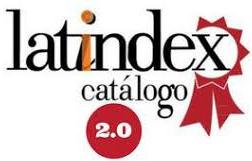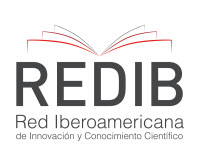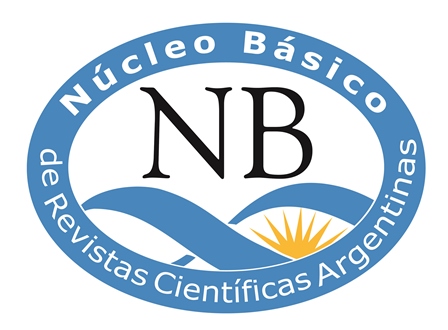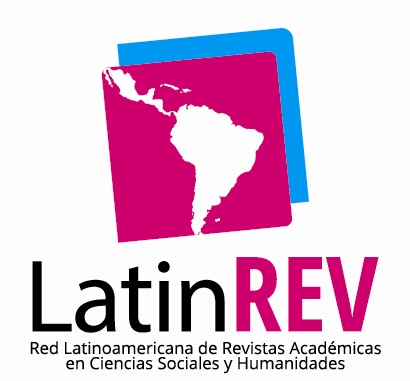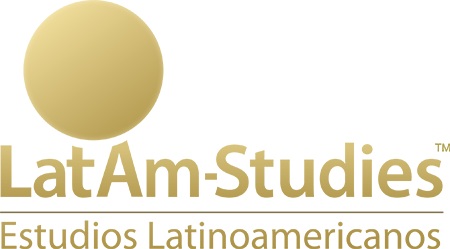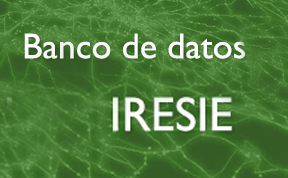The National Common Curricular Base (BNCC) of Brazil and the “history” component. The debate in Rio de Janeiro from 2015-2016 and the experience of the BNCC / UFF Observatory
DOI:
https://doi.org/10.14409/cya.v0i29.8743Keywords:
curriculum, diversity, cultures, ethnicityAbstract
This presentation is an elaboration based on the collective debate developed in the Department of History of Federal Fluminense University, through the BNCC Observatory. We understand that a story is necessary to understand the diversity of human experiences in time and space, as established in the Basic Guidelines Law. From the above, it was considered that, when teaching the history of Brazil, you must take into account the contributions of different cultures and ethnicities for the formation of the Brazilian people, especially indigenous, African and European matrices, but being attentive to procedural sense and not ‘essential’ in the formation of human groups. This is an exercise in reflection, much more than a prescription or a prescription claim and seeks to broaden the debate on ways to prioritize discourses based on disciplinary matters.
